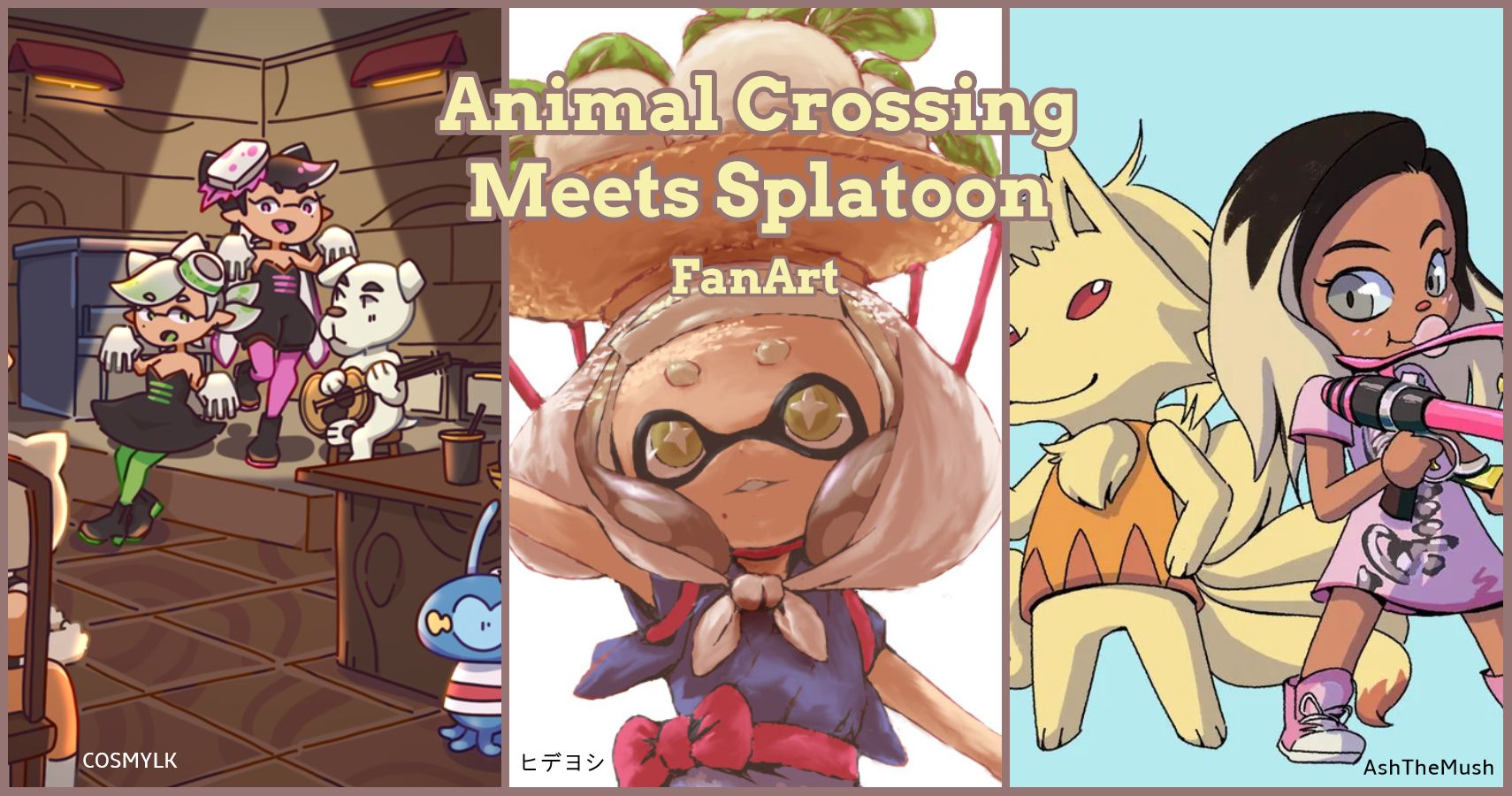Animal Crossing: New Horizons (ACNH) introduces six new growable plants, known collectively as vegetables. These vegetables can be farmed and harvested to provide players with new cooking and crafting materials. This guide will teach you how to farm a variety of crops, including potatoes, tomatoes, wheat, sugarcane, carrots, and pumpkins. In addition to Pumpkins, the most recent Vegetables were released as part of the massive Version 2.0 Update that was made available on November 5th. In order to experience these new Vegetables, you will need to have your copy of Animal Crossing: New Horizons fully updated.
Vegetable Crop Types
Tomatoes, potatoes, carrots, wheat, sugarcane, and pumpkins are just some of the different types of vegetables that can be planted and grown in Animal Crossing: New Horizons with Version 2.0. Other vegetable options include sugarcane and wheat.
How to Acquire and Obtain Seeds for Vegetables
Vegetable Seeds of every imaginable variety can be purchased almost exclusively from Leif at his stall, which can be found either when he is on your island in the capacity of a random visitor at Resident Services or at his permanent shop located inside Harvey's Shopping Plaza
According to the findings of our investigation to date, Leif will offer for sale at any given time two distinct varieties of produce seeds drawn at random from the following categories: Carrot Start, Pumpkin Start, Seed Potato, Sugarcane Start, Tomato Start, and Wheat Start
Each vegetable start can be purchased for 280 Bells, or a bulk pack of five can be purchased for 1400 Bells
You may also have luck finding abandoned farms on Mystery Islands, which you will visit on Kapp'n Boat Tours, that still contain crops of vegetables that you can plant
Purchase pumpkin seeds during the month of October.
Pumpkin Starts are only available for purchase at Nook's Cranny throughout the month of October, and can be found inside the large cabinet there. This is done for your convenience so that you can easily celebrate Halloween.
Instructions In How to Sow Seeds for Vegetables
You can plant your Vegetable Starts by either standing over an empty tile of land or digging a hole with a shovel. Once you've done either of those things, open your inventory to plant your seeds! It is not necessary to use the Island Designer app on your NookPhone to create dirt tiles on the ground in order to plant and grow pumpkins, despite the fact that doing so makes for a much more aesthetically pleasing pumpkin farm. It doesn't matter what kind of grass you have, you can cultivate them!
Watering Your Vegetables
It is essential to provide consistent watering for your Vegetables while they are growing on your island, as doing so will encourage some of them to produce additional crops in the future, which can then be harvested. Keep an eye out for sparkling water on your vegetable plants; this is a sign that they have been watered and should be treated the same way as flowers. If you do not observe the appearance of sparkles, it is likely that a crop requires additional irrigation. Take note of the fact that some of the pumpkin plants in the preceding screenshot have only produced a single pumpkin, whereas others have produced up to three pumpkins in a single batch on a single plant. If a Pumpkin Start is planted and then given water every single day until it is fully grown, it will eventually produce three pumpkins that are ready to be harvested. However, if a pumpkin plant is not watered as frequently while it is growing, it may only produce one or two pumpkins to harvest rather than the elusive three pumpkins.
Stages Of Vegetable Growth
Every type of vegetable goes through the same four stages of development that flowers do in Animal Crossing: New Horizons. The first day that a vegetable is planted is represented by Stage 1, and subsequent days represent growth that occurs after that.
Harvesting Your Vegetables
When your vegetable plants have reached the final stage, a large crop of the vegetable (or possibly multiple!) will appear above the surface lying on the plant. This indicates that the plant is ready to be harvested. This indicates that it is finally time to harvest your lovely plants; to do so, stand on top of a crop and press the Y button on your controller. This will add the vegetable to your inventory, providing you with valuable cooking or crafting materials while allowing you to keep the plant for the possibility of further growth in the future.
Do Vegetables Regrow After Harvest?
We have no reason to doubt that other vegetables, in addition to pumpkins, are capable of self-regeneration. Do not get ahead of yourself and begin digging up your plants immediately after harvesting them because they have the potential to produce additional crops without the need to purchase new starts. After being harvested, a pumpkin plant will return to Stage 3 of its growth cycle the following day, at which point it will produce a single new pumpkin before moving on to Stage 4 the following day. On the other hand, if you water the plant on the first day after harvesting a pumpkin during Stage 4, the plant will instead produce two new pumpkins for you to harvest.
What Kinds of Foods Can Be Prepared and Handmade Using Vegetables?
Farming different types of vegetables in Animal Crossing: New Horizons will allow you to harvest them for use in the game's newly added Cooking feature, which was introduced with the 2.0 update. Be a Chef! DIY Recipes+ can be unlocked by going to the Nook Stop Terminal in the Resident Services building and spending 2,000 Nook Miles on it. This will allow you to begin the Cooking activity. When you have completed these steps, the DIY Recipes app will automatically populate with your first set of cooking recipes.








